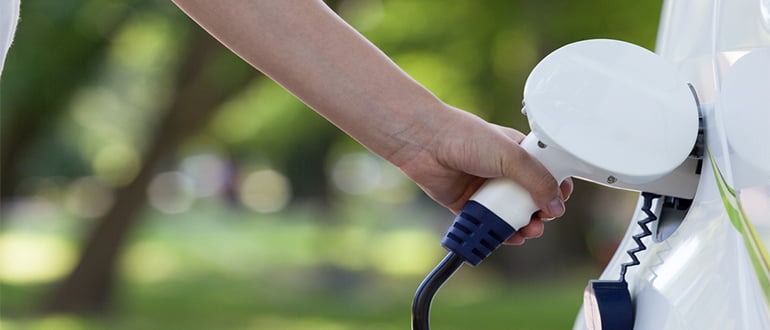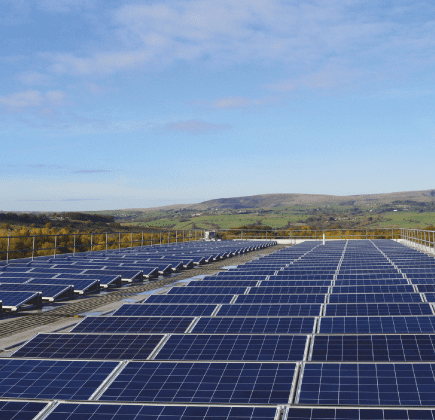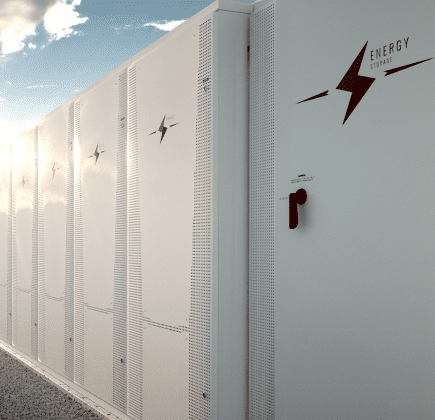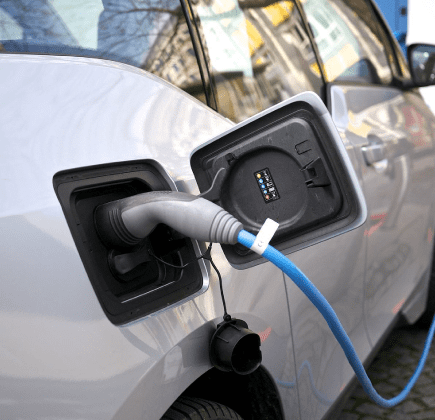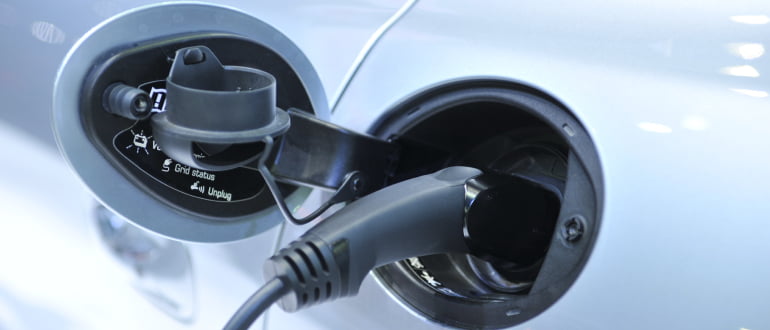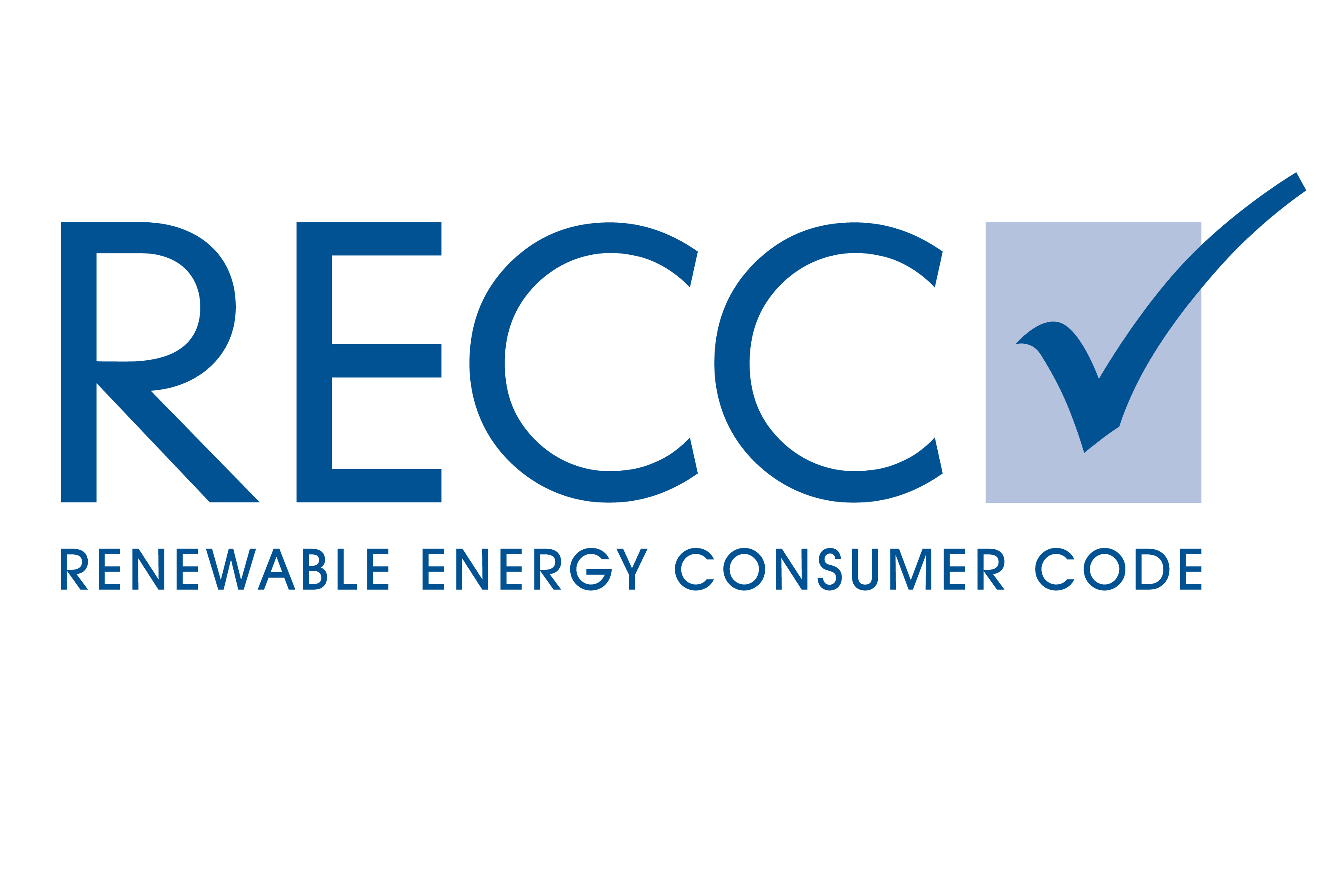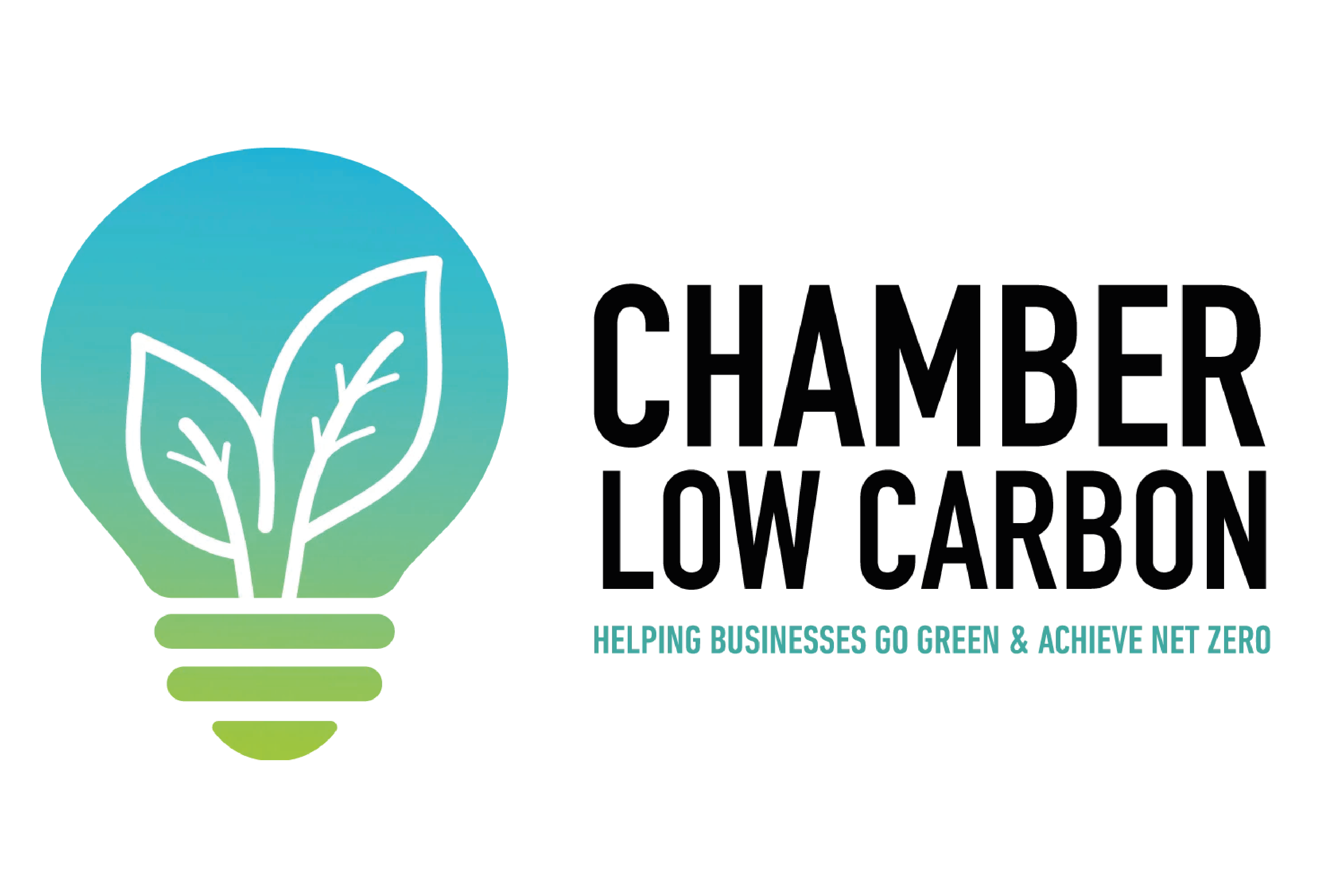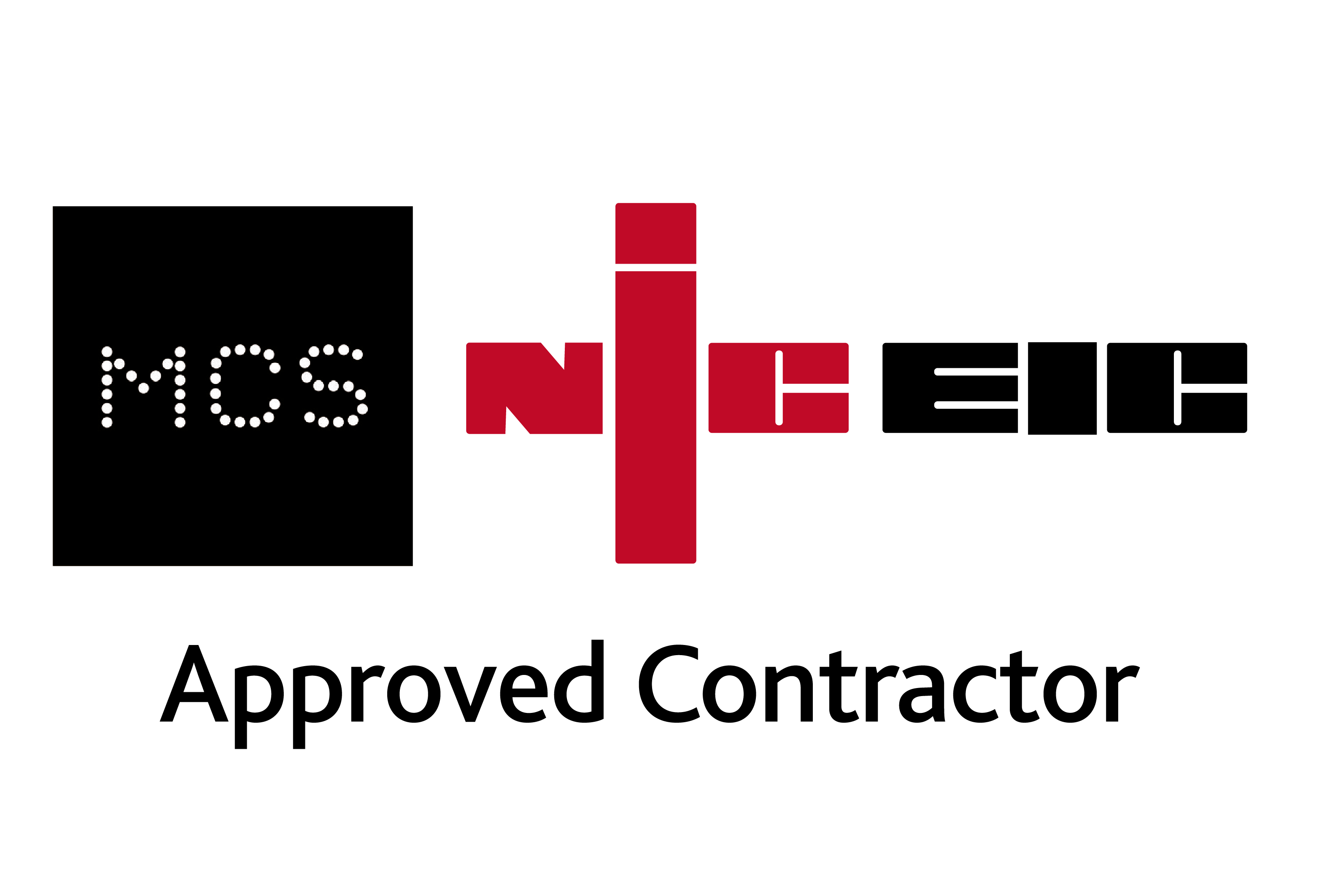
How the UK’s infrastructure electric vehicle needs to evolve
Here in the UK, our future is undeniably low carbon. We’re shuttering our coal-fired power plants, and as a nation we’re making the switch to greener, more renewable forms of energy (such as commercial solar panels). But we’re not just transforming the energy supply of our homes and businesses – plenty of people are also looking at making the switch to electric vehicles, too.
Right now there are plenty of early adopters in cities and dense urban centres, but if the government is to meet its low-carbon policy targets by 2030, it needs to have more 4 million plug-in vehicles on the road. For us to meet that target, the infrastructure has to significantly develop. Here are a couple of things that need to happen for us to successfully achieve that goal!
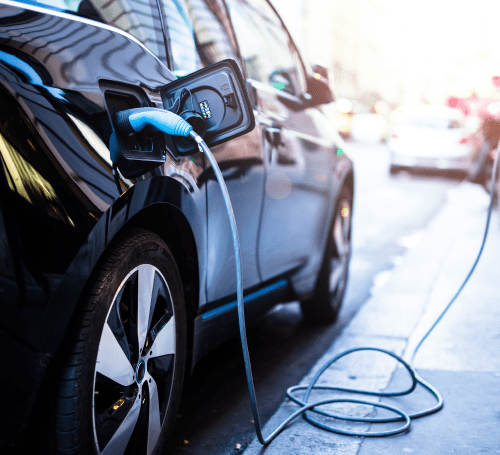
The physical infrastructure needs the flexibility to cater to all drivers
It might sound simple, but as well as actually installing the infrastructure, a key concern moving forward will be to increase its ‘visibility’ – in other words, to ensure that other drivers know it’s there.
Petrol forecourts will be a natural choice for the installation of many charging points. Not only will these allow EV drivers to recharge their cars, but they’ll also be on display to drivers of petrol and diesel cars, giving them more confidence that the infrastructure is there to support them if they decide to make the switch to electric. This can ultimately help encourage more sales of electric vehicles, driving more investment into the industry and allowing the infrastructure to expand further. (It’s all linked!)
While city dwellers make up the majority of EV drivers so far, the UK charging infrastructure ultimately needs to cater to all drivers, no matter where they are in the country. Charging an EV at home or at work is obviously the ideal scenario for many drivers, but they’ll also need to be prominent fixtures in public places and facilities like supermarkets, shopping centres, gyms and industrial parks.
Public infrastructure is especially important for supporting rural drivers, long distance drivers, or others who for whatever reason might not have the ability to charge their cars at home or at work. It also underlines the importance of ultra-fast charging facilities in certain areas, as it will allow as many drivers to make use of the charging facilities as possible within a given timeframe.
We should note, though, that it’s not just the physical hurdles that the infrastructure needs to overcome…
The UK’s charging infrastructure needs administrative changes to evolve
Right now, the UK doesn’t have an overall installation plan (which is slightly worrying in itself!). And lots of the UK’s legislation needs to be adjusted so that there are no unnecessary barriers to the expansion of the charging infrastructure.
In fact, a panel of experts has recently pointed out that governments around the world will have to make similar changes to their own laws too. Regulations will need to be simplified, and installation licensing processes will have to be streamlined, all to make sure that charging stations can be installed quickly and efficiently where they need to be.
These sorts of changes may well be necessary to ensure that private investors in infrastructure projects maintain a high level of return on their investments too. Without support and enthusiasm from the private sector, the rollout of further infrastructure is likely to be slowed dramatically.
The big problem with all this, of course, is the relatively low uptake of electric cars amongst the general population, for many of whom electric cars are still too expensive or inconvenient.
For investors and ministers, it’s hard to predict the behaviour patterns of a nation based on the relatively small number of EV drivers at the moment, and this leads to a bit of a chicken and an egg problem. There needs to be strong sales of EVs to drive sufficient investment in infrastructure, but many drivers will be reluctant to invest in electric cars unless they see that the infrastructure is there to support them.
At the moment sales are rising steadily, so we are at least moving in the right direction. The question is, of course, are we moving there quickly enough?
For now, that remains to be seen. We remain hopeful here at Low Carbon Energy! EV charging is one of our core services, alongside providing businesses with excellent cost savings on their energy bills through commercial solar panels. Here at Low Carbon, our experts have over 30 years of combined experience behind us in helping you save on business costs, and profit from having cleaner energy. To find out how we can help you transform your business, feel free to give us a call today on 01282 421 489!
 Energy Technology
Energy Technology

Powering your present. Preserving your future.
Call us on 01282 421 489

strategy be a priority?

